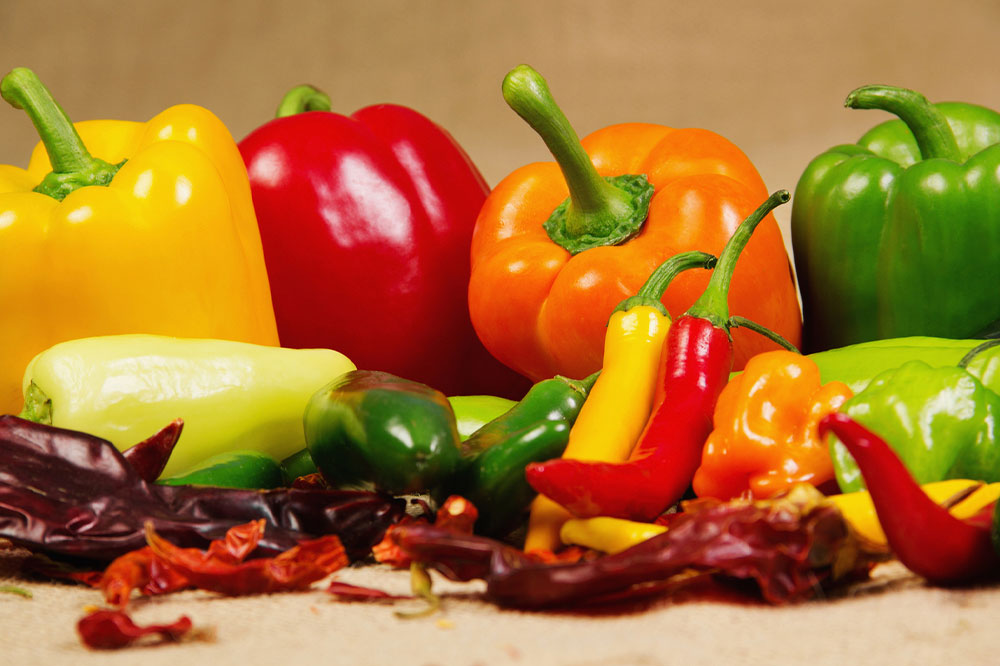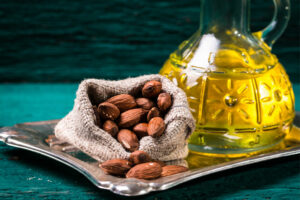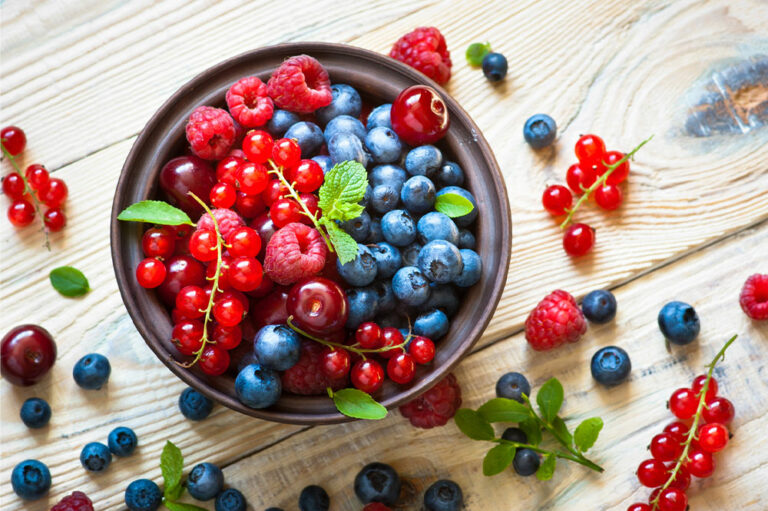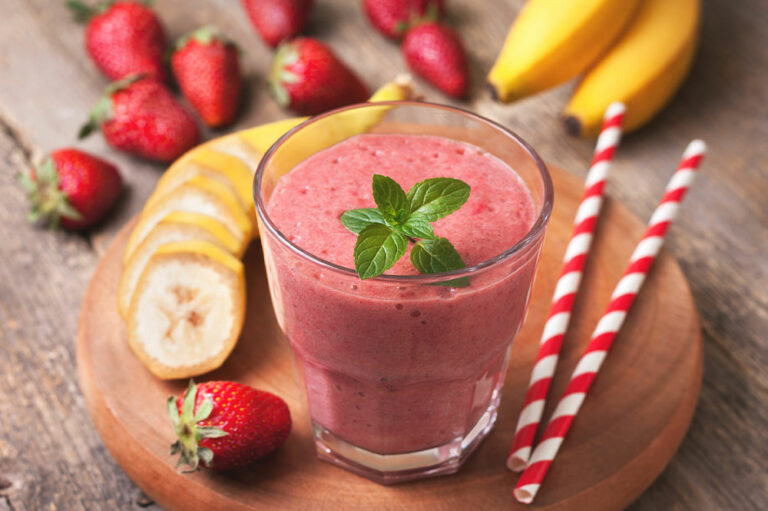Blood circulation is essential for the supply of nutrients and oxygen to all parts of the body. Poor circulation can negatively affect vital organs, such as the heart, kidneys, and brain, and prove fatal if left untreated. But besides circulating well, the blood must also have a healthy count of vital constituents like plasma, red blood cells, white blood cells, and platelets. Here are some foods that help improve blood count and circulation.
Peppers
Peppers like cayenne contain a compound called capsaicin, which has anti-inflammatory and antioxidant properties. Some studies say it can help lower the risk of high blood pressure, diabetes, and arteriosclerosis.
Beetroot
Beetroots are rich in nitrates, which the body converts into nitric oxide. Nitric oxide is a vasodilator that helps expand blood vessels and improve blood flow to tissues and organs. It helps lower systolic blood pressure, widen arteries, and improve stamina. Beets are also a great source of folate, potassium, vitamin C, and fiber, which are essential nutrients for a healthy body.
Leafy greens
Like beetroots, leafy green vegetables, such as spinach and collard greens, are rich sources of nitric oxide. They help the blood circulate better through the body by dilating the blood vessels. Leafy greens also have nutrients like vitamins A, C, and K, folate, potassium, magnesium, calcium, iron, and fiber. Plus, they have antioxidants like beta-carotene and lutein that help build a healthy immune system.
Garlic
Garlic contains sulfur compounds in the form of allicin, which increases tissue blood flow and reduces blood pressure. This makes it an excellent food for those suffering from hypertension. Many studies have also highlighted the importance of garlic in improving and maintaining cardiovascular health by reducing the hardening of arteries and lowering cholesterol levels.
Nuts
When eaten in healthy quantities, nuts like walnuts and almonds improve a person’s blood circulation and blood count. Walnuts contain compounds like L-arginine, alpha-linolenic acid, and vitamin E, which help stimulate nitric oxide production, reduce blood pressure and inflammation, and improve blood vessel function. On the other hand, almonds are a rich source of antioxidants, vitamin E, and healthy fats, which help improve blood flow. Most nuts are also a rich source of iron, magnesium, potassium, and calcium.
Pomegranate
Pomegranates are rich in polyphenols, antioxidants, and nitrates. Eating the fruit raw may help improve blood flow and oxygenation of muscle tissue. It may also help reduce plaque build-up, increase healthy cholesterol (HDL) occurrence, and lower unhealthy cholesterol (LDL). These properties make pomegranates suitable for reducing the risk of diabetes, Alzheimer’s, and some forms of cancer.
Fatty fish
Fatty fish, such as salmon, mackerel, tuna, trout, sardines, and herring, are a great source of omega-3 fatty acids. Omega-3 fatty acids promote the release of nitric oxide, which helps with circulation. They also help prevent plaque build-up and blood clots in the arteries, control blood pressure, and increase HDL. Further, omega-3 is a great source of iron, which helps improve the count of red blood cells in the body.
Berries
Berries contain antioxidant and anti-inflammatory polyphenols, such as anthocyanins and phenolic acids. These components help manage metabolic syndrome—a cluster of conditions including high blood pressure, high blood sugar, and abnormal cholesterol levels—reducing a person’s risk of heart disease. Common berries that can help improve blood circulation and reduce platelet aggregation include strawberries, blueberries, bilberries, cranberries, raspberries, blackberries, and red, white, or black currants.
Cinnamon
Cinnamon has antioxidant and anti-inflammatory properties that can improve blood vessel dilation and blood flow in the coronary artery. Since it also relaxes the blood vessels, it can help reduce blood pressure and improve the circulation of blood in the body.
Turmeric
Turmeric is a popular Southeast Asian spice used in many therapies to open up blood vessels and improve circulation. The main active ingredient of turmeric, curcumin, has anti-inflammatory and antioxidant properties that can help increase nitric oxide production and reduce oxidative stress caused by the suspension of free radicals in the body.
Citrus fruits
Citrus fruits are not only a great source of vitamin C but also antioxidants that help reduce inflammation in the body. According to a study, citrus fruit juice (such as orange juice) can help improve blood circulation to the brain and improve performance in cognitive tests.
Onions
Onions are a great source of flavonoid antioxidants. Apart from helping prevent blood clots, they can influence gut bacteria in a way that can help reduce blood pressure. Due to their vasodilation properties, onions can also improve blood circulation and cardiovascular health.
Ginger
Ginger is another popular ingredient used in traditional therapies. It contains magnesium, chromium, and zinc, which have been associated with improved blood flow. It also has anti-inflammatory benefits, which can help lower blood pressure and improve circulation in the body. According to a study, those who regularly add ginger to their meals have a lower risk of developing chronic illnesses like hypertension and coronary heart disease.
Tomatoes
Some treatments have enzymes that can constrict blood vessels, triggering high blood pressure. Tomatoes contain properties that reduce the impact of these enzymes and improve blood flow. They can also help reduce inflammation and platelet aggregation to improve circulation.
Bananas
Consuming large amounts of salt regularly can lead to high blood pressure. Bananas are rich in potassium, which can help lower blood pressure by helping the kidneys remove extra sodium from the body in the form of urine. Potassium also helps improve the circulation of oxygen-rich blood to the brain.
Apart from choosing these foods to improve blood count and circulation, exercising regularly and staying hydrated can have a positive impact. Exercise can stimulate blood flow and improve vasodilation, whereas proper hydration can prevent endothelial cell damage and inflammation. However, it is best to consult a doctor before making nutritional and lifestyle changes.

















